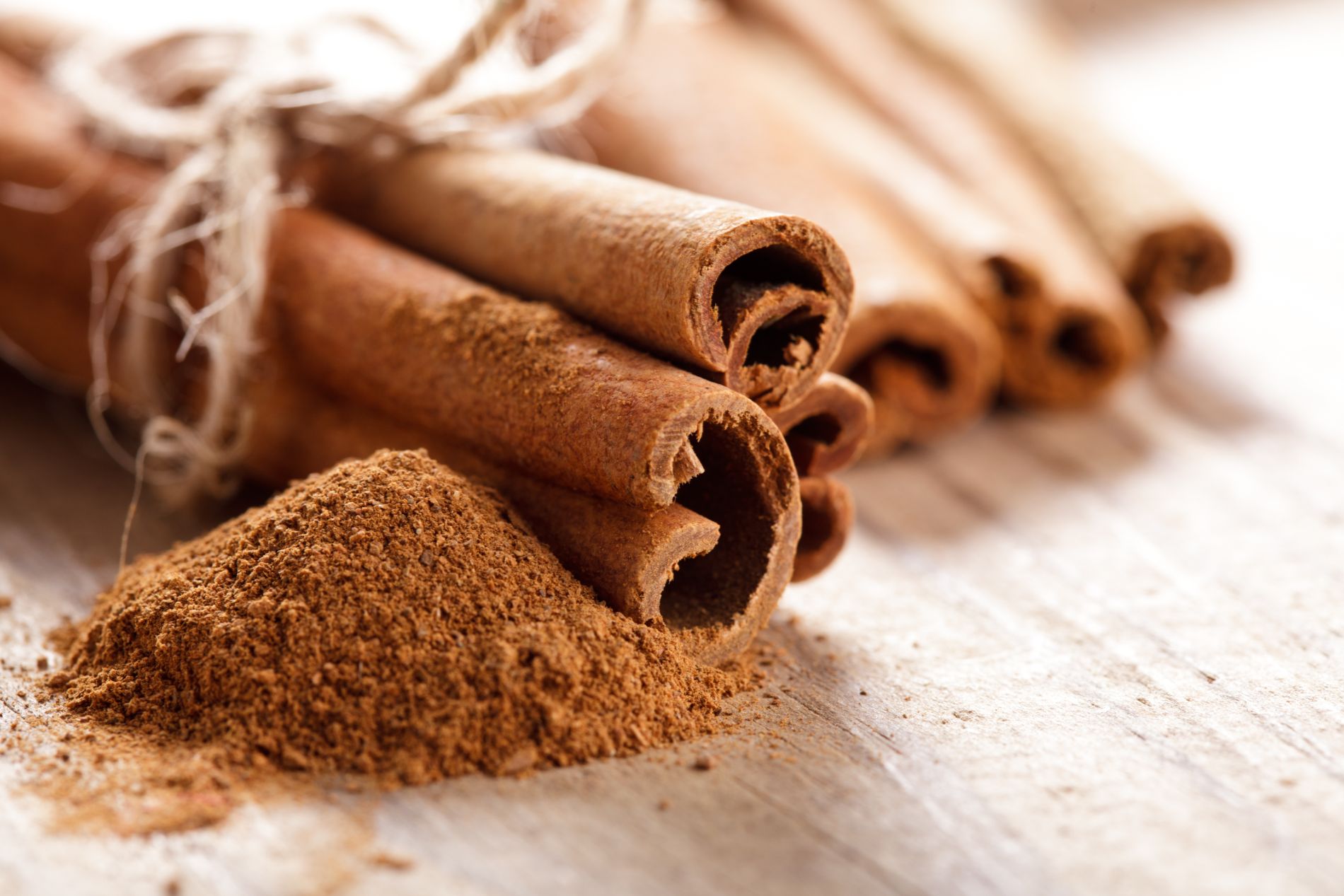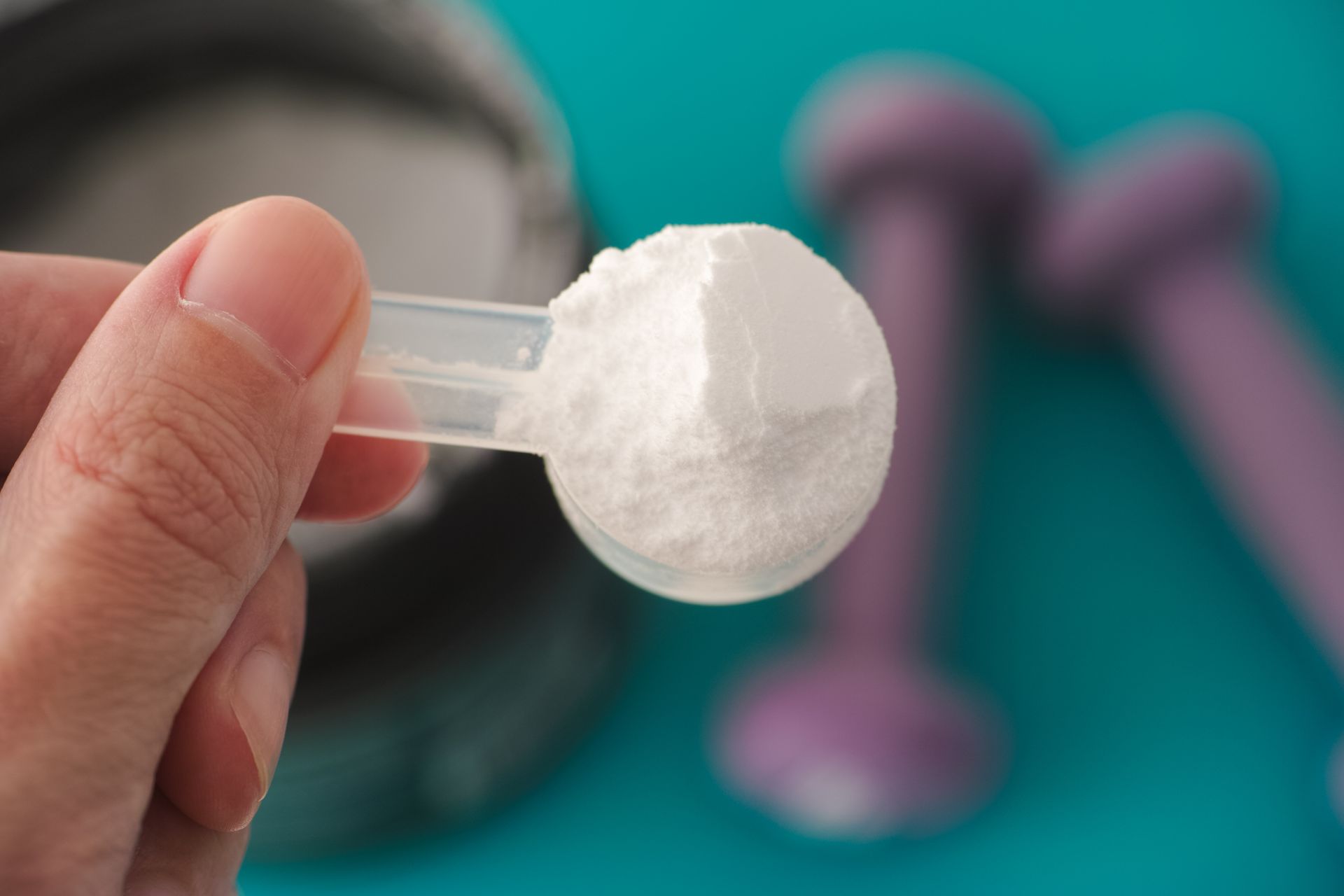
Cinnamon is a well-known and respected spice with a distinctive taste and aroma, which is extracted from the bark of the cinnamon tree. As a spice, cinnamon is used not only in sweet baked goods, but also in morning oatmeal and porridge and lunch dishes with meat. Cinnamon contains a variety of bioactive substances that exhibit health-promoting properties.
- Chinese or Ceylon cinnamon?
- Cinnamon - nutritional values
- Cinnamon - properties
- Cinnamon - where to buy and how to use?
- Cinnamon - contraindications
Chinese or Ceylon cinnamon?
Cinnamon is extracted from the bark of various species of cinnamon trees, although two species are the most popular, namely Ceylon cinnamon(Cinnamomum zeylanicum) and Chinese cinnamon(Cinnamomum cassia). Ceylon cinnamon comes mainly from Sri Lanka, Madagascar, the Sunda Islands, Mauritius and India. In contrast, Chinese cinnamon, which is most commonly available in Polish grocery stores, is mainly grown in southern China as well as Vietnam and Burma. Chinese cinnamon is much cheaper than Ceylon cinnamon and is characterized by a more intense aroma and a more pronounced pungent and spicy flavor. In addition, Chinese cinnamon is darker, harder and rougher compared to Ceylon cinnamon. However, the most significant difference between the two species of cinnamon is their content of compounds called coumarins, which are attributed to liver-damaging effects. Well, Ceylon cinnamon contains about 250 times less health-damaging coumarins than Chinese cinnamon, which is why it is most recommended as a spice for various dishes.
Cinnamon - nutritional values
Cinnamon is a good source of many different substances with a wide spectrum of biological and pharmacological activity. Many people consider cinnamon a miracle spice due to its content of polyphenols with strong antioxidant and anti-inflammatory properties. Among the most important antioxidants present in cinnamon, there are catechins and phenolic acids, such as cinnamic acid, vanillic acid, gallic acid, caffeic acid, protocatechuic acid, p-coumaric acid, syringic acid, ferulic acid and hydroxybenzoic acid. Coumarins and cinnamaldehyde naturally occurring in the bark of the cinnamon tree are mainly responsible for the taste and smell of cinnamon. Polyphenols and cinnamaldehyde are believed to be responsible for most of the health benefits of regularly including cinnamon in the diet.
Cinnamon - properties
Cinnamon contains a number of bioactive compounds with antioxidant properties, which protect the body from the harmful effects of reactive oxygen species and may reduce the risk of developing a variety of civilization diseases. Current research suggests that cinnamon may have beneficial effects on blood pressure, insulin sensitivity, and blood glucose and lipid levels, mainly in patients with metabolic disorders. In addition, the professional literature reports that cinnamon may have beneficial effects on neurodegenerative diseases and cancer, as well as relieving symptoms of rheumatoid arthritis and menstrual pain. Studies in vitro and in experimental animal models have shown that cinnamon exhibits antioxidant, anti-inflammatory, antibacterial, antiviral and antifungal properties.
Cinnamon - where to buy and how to use?
Cinnamon as a spice is usually available in grocery stores in powdered form or whole - sticks packaged in a sachet. Unfortunately, manufacturers and distributors do not always provide information about what species of cinnamon is in the package. For the vast majority of products available on the market, it is the cheapest Chinese cinnamon, but it is nevertheless worth reading the label carefully and possibly asking the manufacturer or distributor before buying. It is also easy to find dietary supplements containing cinnamon extract in pharmacies and online stores, usually in the form of capsules, tablets or powder. Aromatherapy lovers, on the other hand, can easily get cinnamon oil in drugstores and pharmacies today, which is a great addition to baths and massages. As a spice, cinnamon is worth adding to oatmeal, porridge, rice with fruit (such as apples), healthy desserts and warming teas in the autumn and winter season.
Cinnamon - contraindications
As a spice, cinnamon can be safely consumed by the vast majority of people in amounts not exceeding 1 teaspoon (4 g) per day. However, special caution should be exercised by people who regularly take medications (e.g., antidiabetic and anticoagulant), as cinnamon used as a spice or dietary supplement may interact with some drugs, enhancing their effects or causing possible side effects. Excessive intake of cinnamon can, in some people, contribute to the appearance of diarrhea, nausea, vomiting and increased sweating, or even allergic reactions (swelling of the tongue or gums and a burning sensation in the mouth). Dietary supplements containing cinnamon should only be used in the manufacturer's recommended dosages and from a reliable source, as if consumed in excessive amounts they can cause liver damage due to their coumarin content.
Sources:
- Kutbi E.H., Sohouli M.H, Fatahi S., et al: The beneficial effects of cinnamon among patients with metabolic diseases: A systematic review and dose-response meta-analysis of randomized-controlled trials. Crit Rev Food Sci Nutr. 2022; 62 (22): 6113-6131.
- Hadi A., Campbell M.S., Hassani B., et al: The effect of cinnamon supplementation on blood pressure in adults: A systematic review and meta-analysis of randomized controlled trials. Clin Nutr ESPEN. 2020; 36: 10-16.
- Mousavi S.M., Karimi E., Hajishafiee M., et al: Anti-hypertensive effects of cinnamon supplementation in adults: A systematic review and dose-response Meta-analysis of randomized controlled trials. Crit Rev Food Sci Nutr. 2020; 60 (18): 3144-3154.
- Zare R., Nadjarzadeh A., Zarshenas M.M.: Efficacy of cinnamon in patients with type II diabetes mellitus: A randomized controlled clinical trial. Clin Nutr. 2019; 38 (2): 549-556. doi:10.1016/j.clnu.2018.03.003
- Brancheau D., Patel B., Zughaib M.: Do cinnamon supplements cause acute hepatitis? Am J Case Rep. 2015; 16: 250-254.
 ⮜ Previous article
⮜ Previous article
What is overthinking?
 Next article ⮞
Next article ⮞